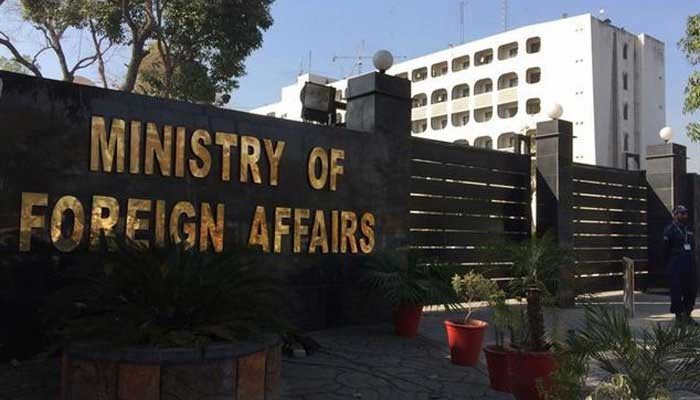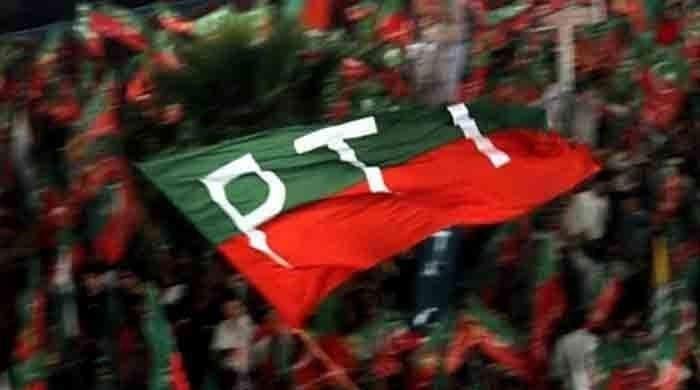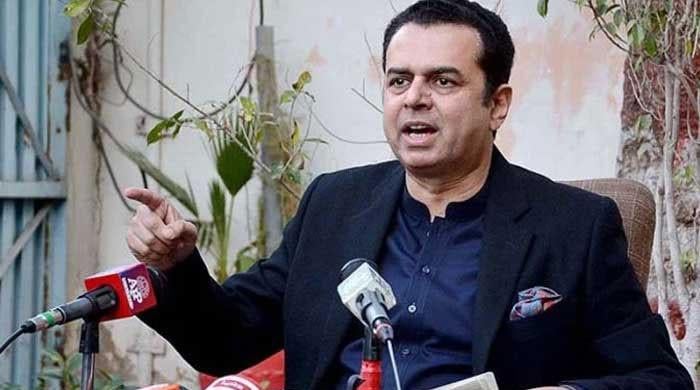Pakistan rejects India's 'irresponsible, unwarranted' statement on GB, says reforms reflect will of indigenous people
"Administrative, political and economic reforms are a long-standing demand of the people of Gilgit-Baltistan," says FO
November 01, 2020

Pakistan on Sunday categorically rejected the "irresponsible and unwarranted" statement regarding Gilgit-Baltistan by the Indian Ministry of External Affairs, saying that reforms announced by the government for the region reflect the will of the indigenous population.
"Administrative, political and economic reforms are a long-standing demand of the people of Gilgit-Baltistan. The envisaged provisional reforms reflect the aspirations of the indigenous populace of Gilgit-Baltistan," read a statement issued by the Foreign Office.
"India has no locus standi whatsoever on the issue — legal, moral or historical," the statement added.
It went on to state that India, for 73 years, has illegally and forcibly occupied parts of Jammu and Kashmir.
"Regurgitation of false and fabricated claims by India can neither change the facts nor divert attention from India’s illegal actions and continuing humanitarian crisis resulting from perpetration of the worst human rights violations in [occupied Jammu and Kashmir]," the statement stressed.
It highlighted Pakistan's position on the Jammu and Kashmir issue, saying that it "remains firmly anchored" in the relevant United Nations Security Council resolutions.
The Foreign Office said that the final resolution of the dispute is only possible when Kashmiris' will be able to exercise their right to self-determination through a free and impartial plebiscite held by the United Nations.
Pakistan demanded that India "end its illegal and forcible occupation of parts of Jammu & Kashmir and comply with its international obligations by allowing the Kashmiris to exercise [this] inalienable right to self-determination".
The government on Sunday announced it is granting Gilgit-Baltistan a provisional provincial status in the lead up to the elections to its legislative assemblies.
Prime Minister Imran Khan made the announcement, during a visit to the region to attend celebrations for its 73rd Independence Day.
The Indian MEA had issued a statement in response, saying that it rejects the bringing of material changes to the territory.









